
This logo isn't an ad or affiliate link. It's an organization that shares in our mission, and empowered the authors to share their insights in Byte form.
Rumie vets Bytes for compliance with our
Standards.
The organization is responsible for the completeness and reliability of the content.
Learn more
about how Rumie works with partners.
Have you ever wondered how some resumes seem to get all the attention?
It's not just about having good skills — it's about showing them off properly. AI tools help make your resume stand out by highlighting what recruiters want to see.
 Photo by Igor Omilaev on Unsplash
Photo by Igor Omilaev on UnsplashIn today's tough job market, having a great resume is important. Figuring out how to make your resume stand out can be tricky. Luckily, new AI tools are changing the way resumes are made. They help by studying job descriptions and picking the right keywords, making sure your resume gets noticed.
If you haven't yet explored using AI to enhance your resume, understanding the uses of AI for resume creation is your starting point. Learn how AI can elevate your resume, helping you stand out to recruiters and land your dream job.
AI: Powering Up Your Resume
AI acts as a smart assistant for your resume, enhancing everything from the professional summary at the top, which grabs recruiters' attention, to the consistency in tone throughout the document:
Professional summary and skills: AI analyzes your summary and skills sections against the job description, offering ways to integrate key skills and keywords effectively.
Bullet points: It refines your bullet points, suggesting precise language and highlighting relevant achievements as they relate to the job description.
Consistency: AI ensures your writing style is uniform, making your resume professional and easy to read.
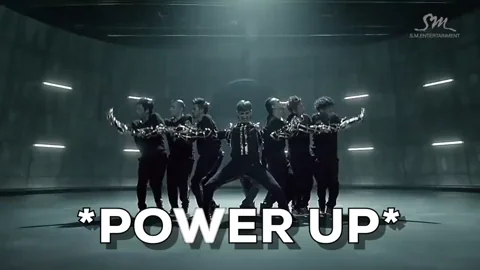
Benefits of Using AI for Resume Creation

Saves time: AI can make a resume fast! It pulls the right information from your online profiles or uses ready-made templates. This way, you don't have to start from scratch and spend lots of time making your resume
Better words: AI looks at job ads and suggests the best words to use in your resume. This makes sure your resume matches what the job needs, making it more likely for your application to get noticed.
Presentation: AI helps make your resume look neat and professional. It takes care of the fonts, spaces, and layout, so everything looks just right.
No mistakes: AI can spot and fix any spelling or grammar mistakes and make sure everything is consistent. This means your resume will look polished and perfect.
ATS-friendly: Keywords in a resume are important for ATS job software (called Applicant Tracking Systems) that companies use to sort through resumes. It makes sure these keywords are in your resume so it doesn't get overlooked by the recruiter.
Quiz
True or False: AI completely eliminates the need for humans in the resume review process.
While AI helps streamline the initial screening of resumes, human recruiters still play a crucial role in the final review and decision-making process.
Practical Tips for Integrating AI into Your Resume Process
Here's how you can mix AI with your own ideas to make a great resume:

1. Choose the right AI tool: Start by picking an AI resume builder that is well-reviewed and fits your needs. Some tools are better for certain types of jobs. Here are some tools you can use with AI for resume creation:
Input detailed information: Give the AI as much information about your past jobs and skills as possible. The more it knows, the better it can customize your resume.
Personalize it: Mix your own special achievements and style with what AI suggests to make your resume really shine.
Review and update: Keep checking your resume and update it when you learn new skills or have new experiences. This keeps it fresh and accurate.
Using AI to Write Resume Prompts
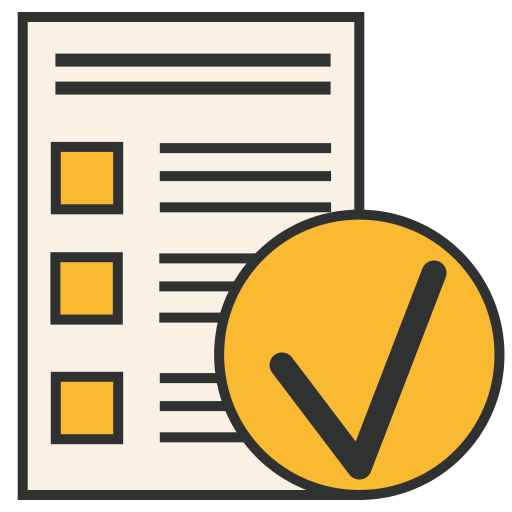
The Do's
Use specific and detailed prompts to guide the AI effectively.
For example, instead of saying "Update my resume," say "Update my resume with my latest job experience as a Marketing Manager at Company XYZ, focusing on digital advertising achievements."
When you add your achievements, quantify where possible.
For example, instead of just saying "Update my achievements to show I improved sales," say, "Update my achievements to show I increased sales by 30% in six months because I came up with a new way to market our products."
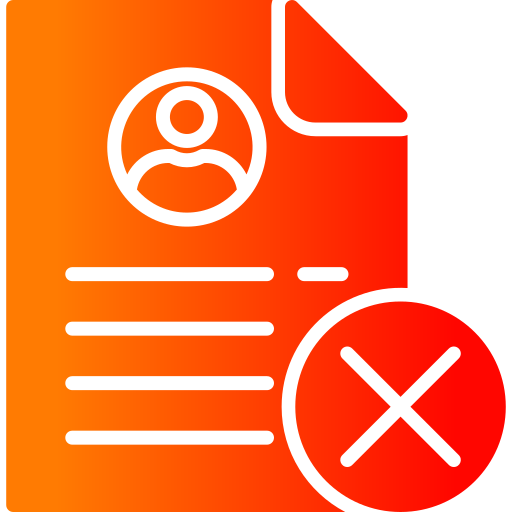
The Don'ts
Avoid vague or overly broad prompts that don't give the AI enough direction.
A poor example would be, "Make my resume better," which lacks specific instructions for the AI.
2. Avoid language that lacks actionable specifics.
An example of a poor prompt would be, "Add something about my sales job," which doesn't provide the AI with enough context or specific actions to perform effectively.

Quiz: Rewriting the Prompt
Consider the prompt: "Rewrite my bullets to sound better."
Which of the following revisions makes this prompt more specific and tailored for AI?
A. "Re-write my bullets to include more action verbs and industry keywords."
B. "Make my bullets nicer."
C. "Just update my resume bullets."
D. "Improve the wording of my resume bullet points to highlight my leadership and project management skills."
Quiz
Choose the best way to rewrite the above prompt:
D is the most specific way to rewrite the prompt, directing the AI to focus on certain skills and how they are presented, which aligns with best practices for effective resume writing.
Considerations and Limitations
AI can really help make your resume better, but there are a couple of things to watch out for when using AI for resume creation:
Accuracy issues: AI might not always get the tone or content right; always review its suggestions and adjust accordingly.
Keyword overuse: Be cautious of stuffing too many keywords, as this can make the resume feel unnatural and might turn off recruiters. Even though many companies use an ATS, a human is reading your resume!
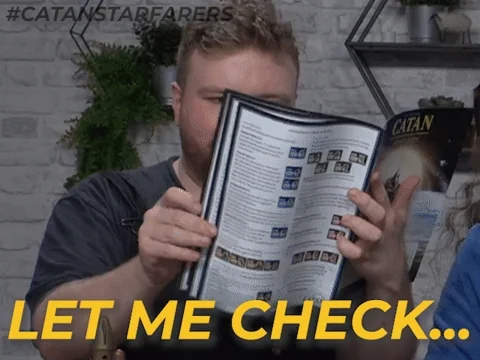
Take Action
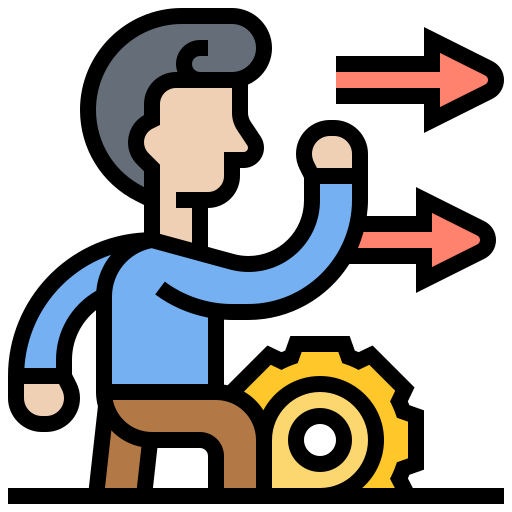
If you want to use AI for resume creation:
This Byte has been authored by
Qusai Tweissi
Student
MA